Competitive Intelligence Software: Top 10 Tools for 2024
Discover the top 10 competitive intelligence software tools for 2024, featuring in-depth comparisons, pricing details, and key features for informed decision-making.

Discover the top 10 competitive intelligence software tools for 2024, featuring in-depth comparisons, pricing details, and key features for informed decision-making.

Leveraging competitive intelligence software is crucial for organizations looking to gain an edge over their competitors.
By using advanced competitor analysis tools, businesses can make strategic decisions based on real-time market insights and digital marketing trends.
84% of businesses say their industry has gotten more competitive in recent years.
Companies are seeking software that not only provides data but transforms it into actionable insights.
In this guide, you’ll explore the top 10 competitive intelligence software available in 2024.
The evaluation process for competitive intelligence software focused on these key criteria:
The methodology included extensive testing, expert consultations, and careful online research to ensure comprehensive insights.
Software | Best For | Key Features | Pricing | Free Plan | Platforms Available |
|---|---|---|---|---|---|
Comprehensive analysis | Real-time tracking, market insights | Starting at $15,000/year | No | Web | |
Team collaboration | Knowledge sharing, competitor insights | Starting at $49/user/month | Yes | Web | |
SEO and content marketing | Keyword research, competitor analysis | Starting at $119.95/month | Yes | Web | |
Website traffic analysis | Traffic data, audience insights | Starting at $199/month | No | Web | |
Mobile app intelligence | App analytics, market insights | Starting at $1,000/year | No | Web, iOS, Android | |
Real-time competitor updates | News alerts, company profiles | Free for basic features | Yes | Web | |
PPC and SEO analysis | Keyword tracking, competitor insights | Starting at $39/month | Yes | Web | |
Social media monitoring | Sentiment analysis, brand tracking | Starting at $800/month | No | Web | |
Content performance tracking | Content research, influencer tracking | Starting at $99/month | Yes | Web | |
Backlink analysis and SEO insights | Site audit, keyword tracking | Starting at $99/month | No | Web |
Best for comprehensive analysis
Crayon stands out as a leader in competitive intelligence, providing extensive capabilities for tracking competitor activity and market trends.
Its real-time insights enable businesses to adapt their strategies quickly, ensuring they stay ahead of the competition.
Crayon is particularly beneficial for larger organizations that require detailed analysis across multiple channels.
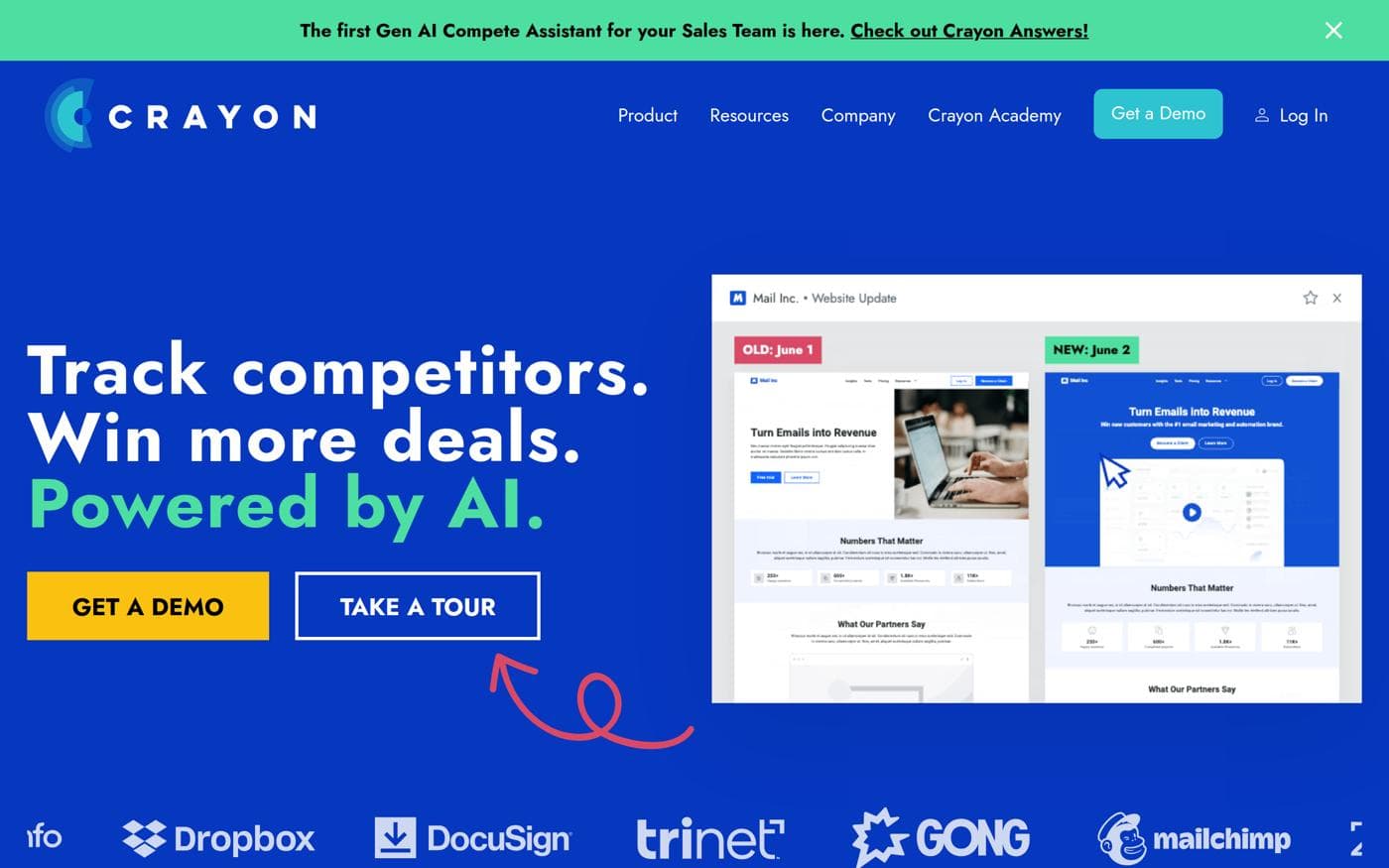
Crayon offers a premium pricing structure starting at $15,000/year, which is suitable for enterprises needing extensive features. They do not offer a free plan.
Best for team collaboration
Klue excels in fostering collaboration within teams, making it an ideal choice for organizations that value shared intelligence. With features that promote knowledge sharing, Klue helps teams stay informed and aligned on competitive strategies.
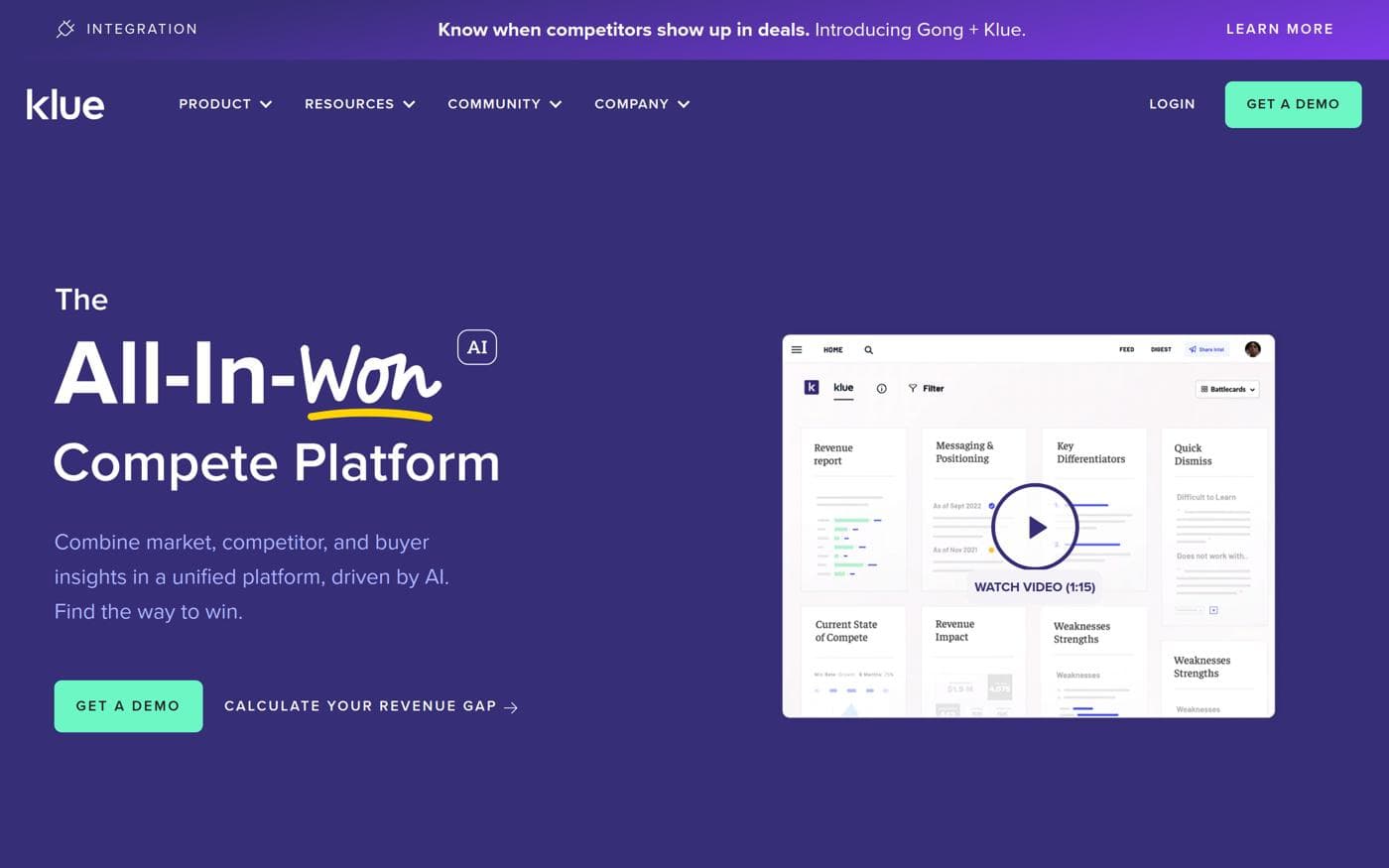
Klue starts at $49/user/month, making it accessible for teams looking to enhance their competitive intelligence.
Best for SEO and content marketing
Semrush is widely recognized for its robust SEO tools, making it a go-to for businesses focused on improving their online presence. With a suite of features, including keyword research and competitor analysis, Semrush empowers users to optimize their marketing strategies effectively.
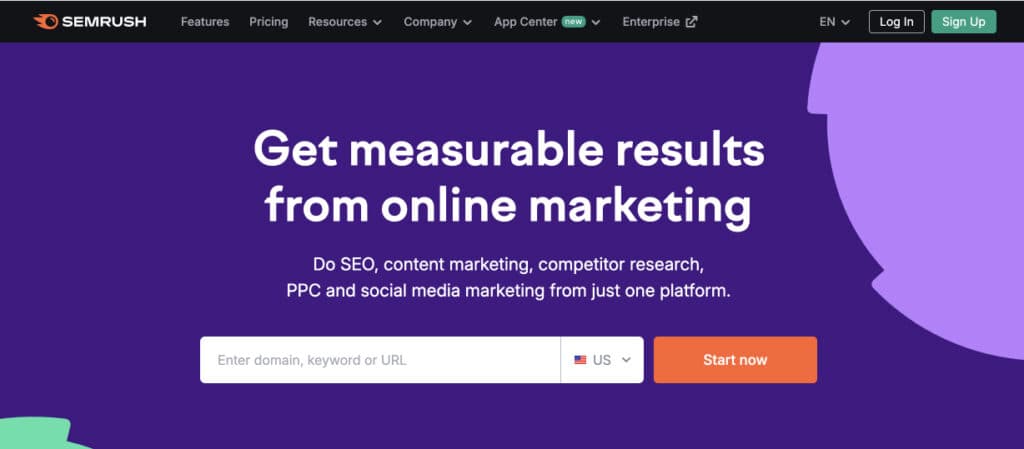
Semrush starts at $119.95/month, with a free plan available that allows limited access to features.
Best for website traffic analysis
SimilarWeb offers powerful tools for analyzing website traffic and performance metrics, making it essential for businesses aiming to understand their online competition deeply.
The platform provides valuable insights into audience demographics and engagement metrics.
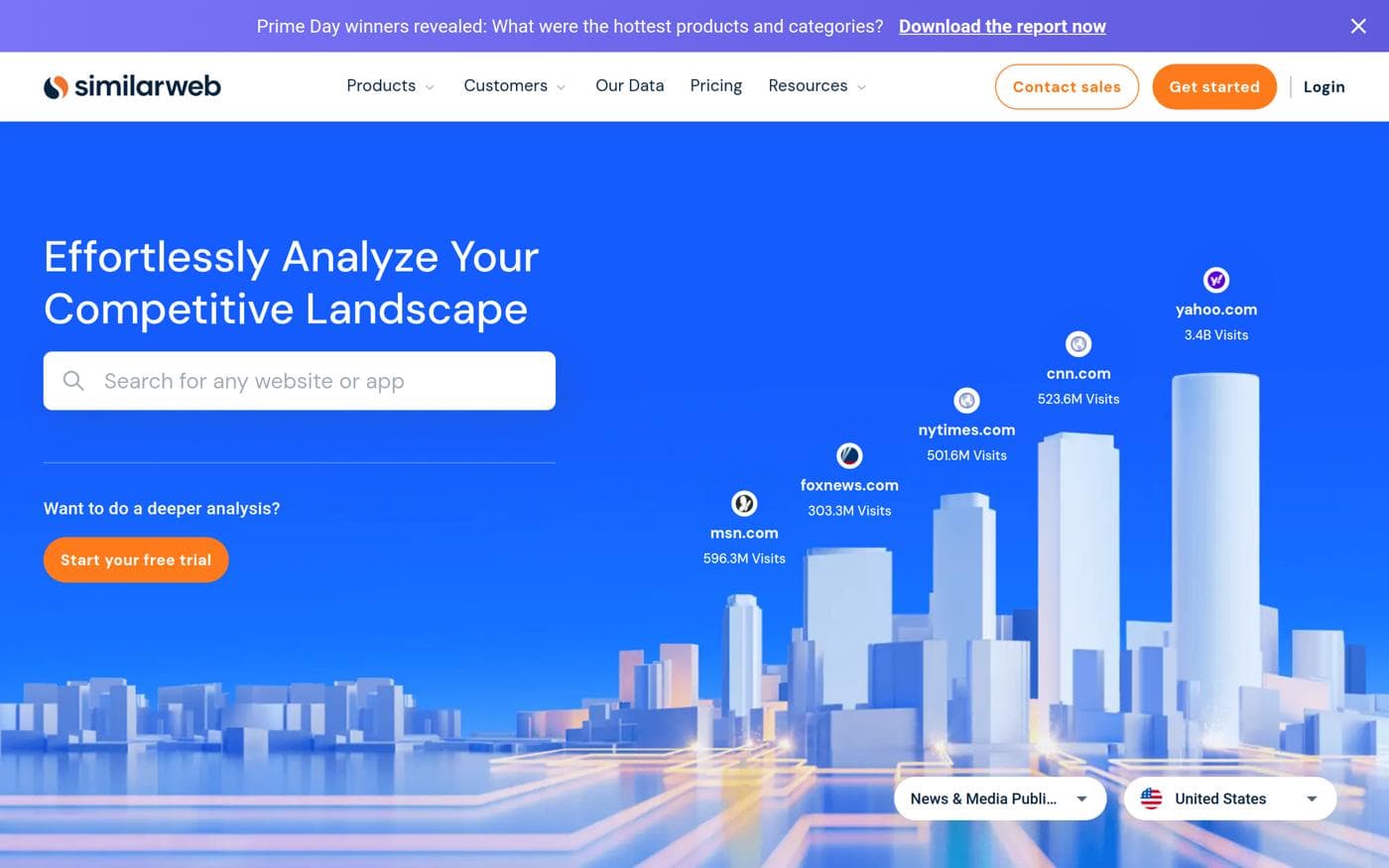
SimilarWeb pricing starts at $199/month, and they do not offer a free plan.
Best for mobile app intelligence
Data.ai specializes in mobile app market intelligence, providing insights that help businesses gauge their performance relative to competitors in the app landscape. It’s ideal for companies focused on app development and marketing.
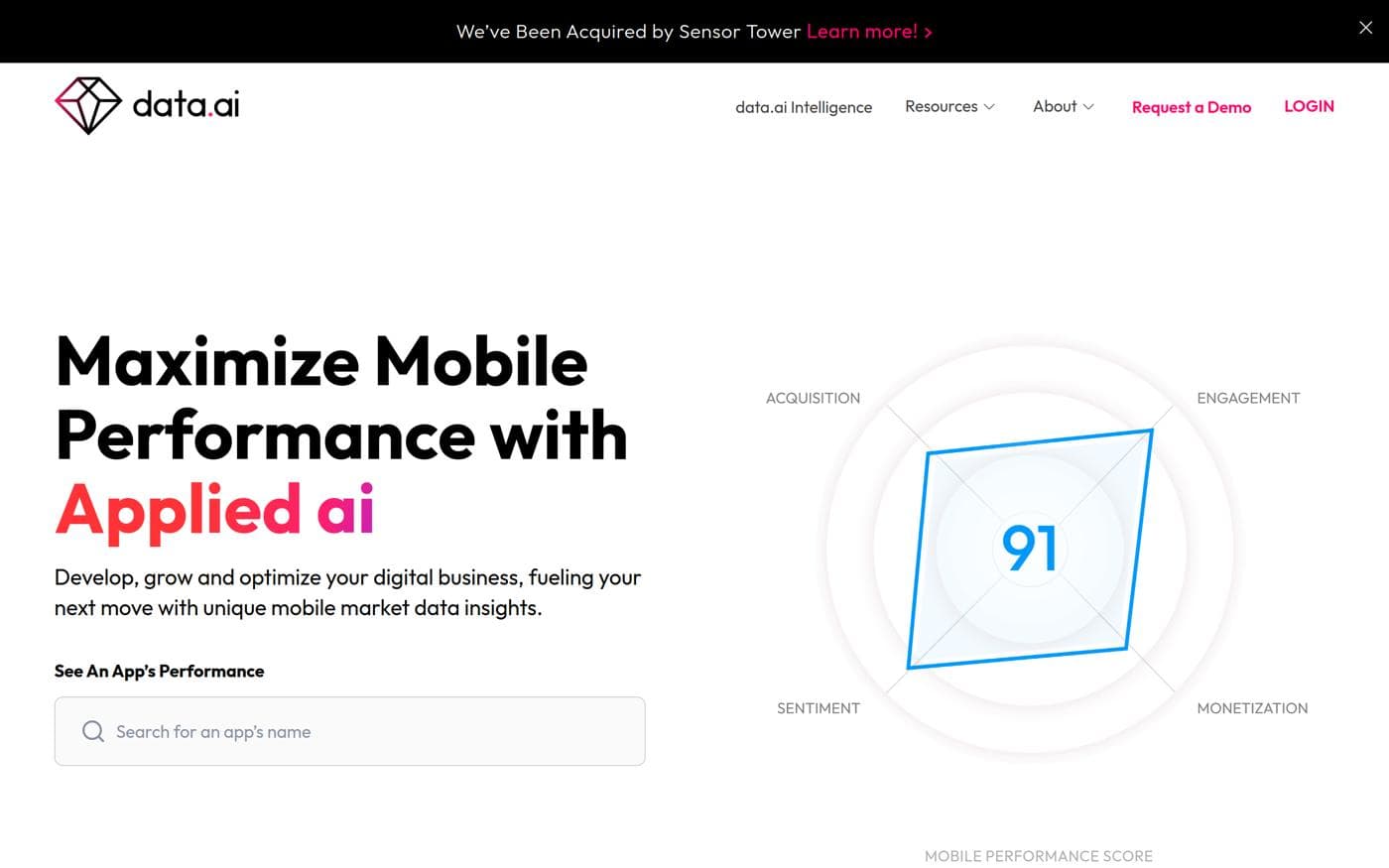
Data.ai starts at $1,000/year, with no free plan offered.
Best for real-time competitor updates
Owler offers superior real-time updates on competitor activities, making it easier for businesses to stay informed. Its news alerts and company profiles provide a comprehensive overview of market dynamics.
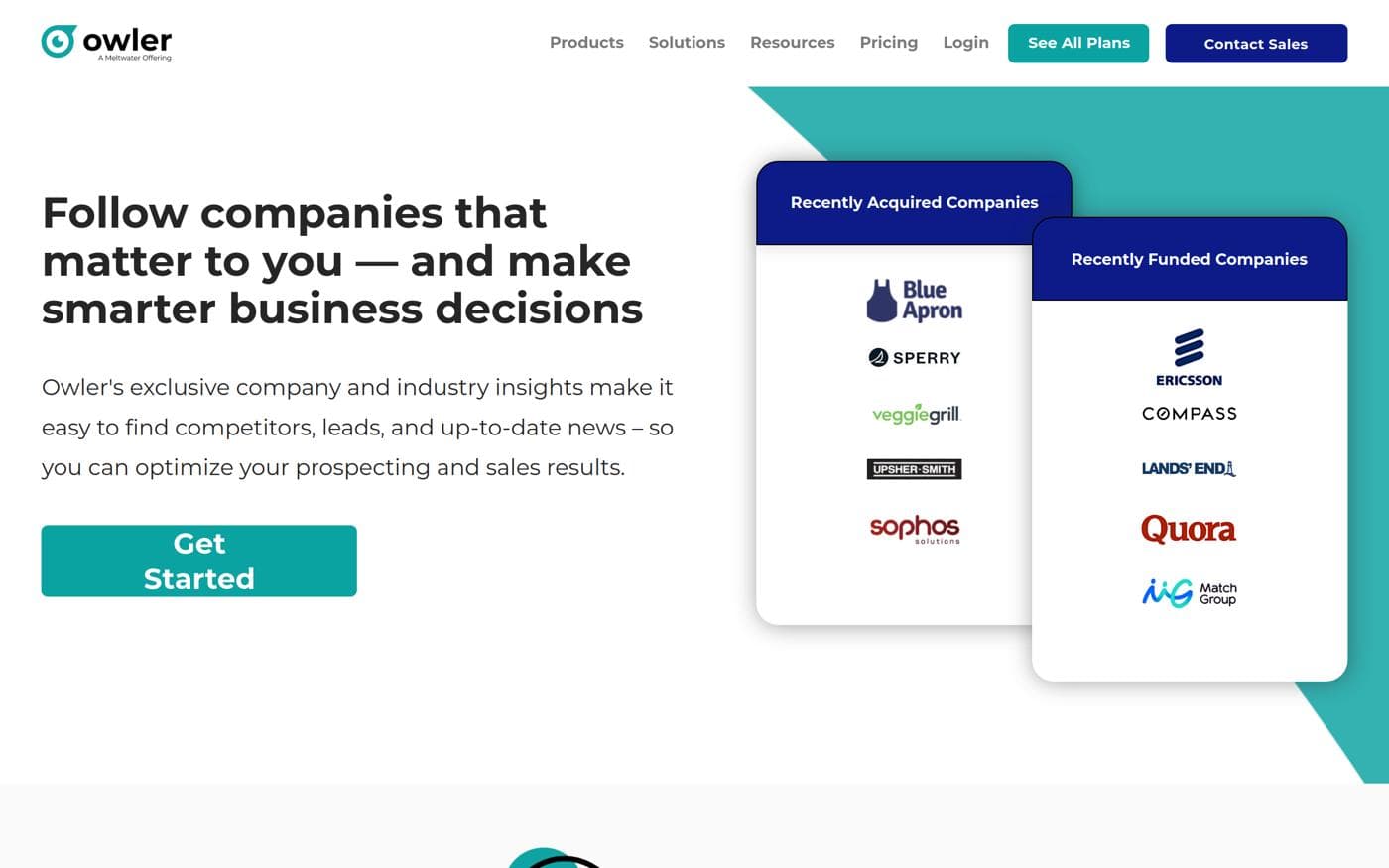
Owler offers a free plan with basic features, while more advanced insights are available through paid subscriptions.
Best for PPC and SEO analysis
SpyFu shines in the realm of PPC analysis and SEO performance, providing valuable insights into competitor strategies. It’s particularly useful for businesses looking to enhance their search marketing.
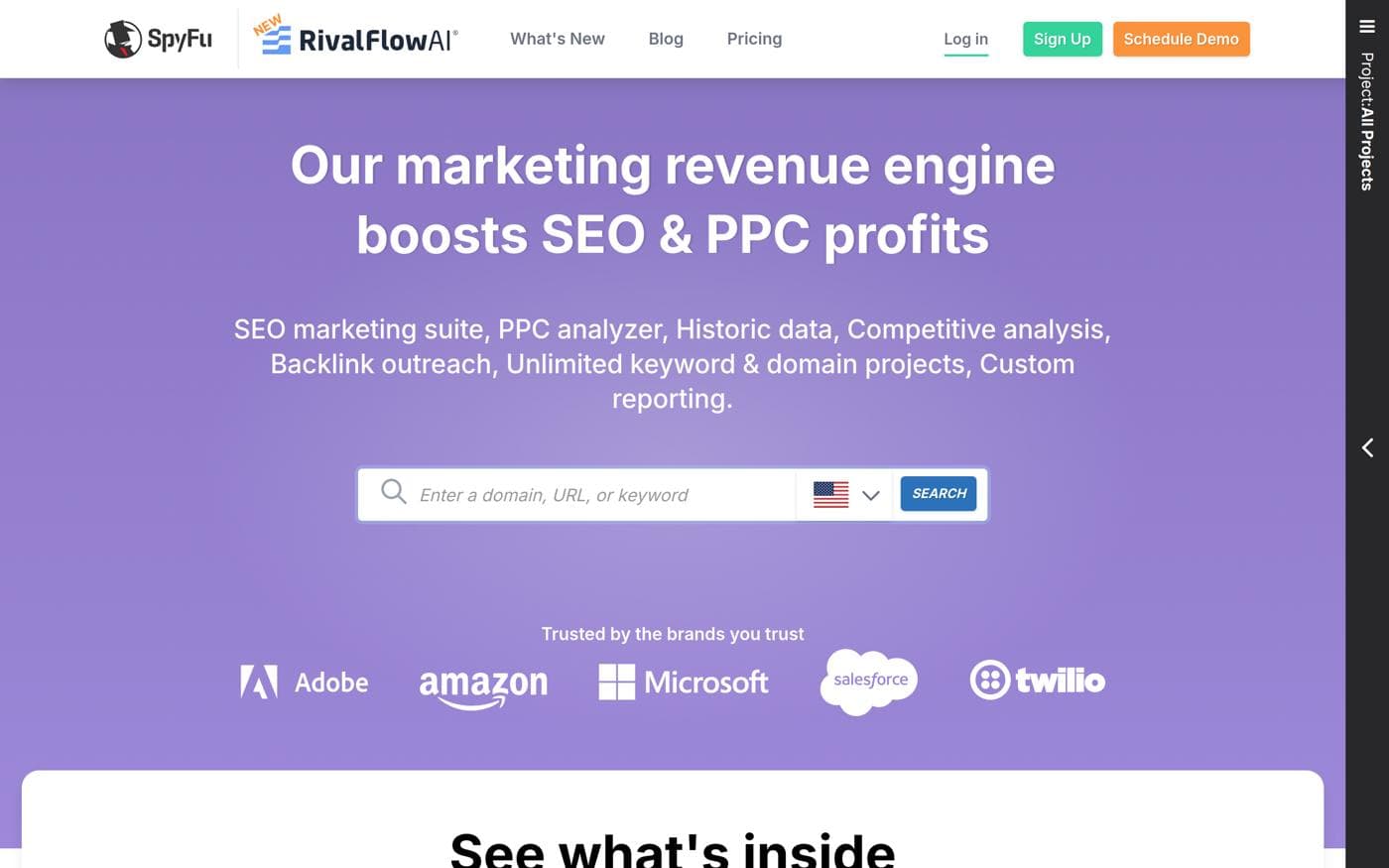
SpyFu starts at $39/month with a free trial available for new users.
Best for social media monitoring
Brandwatch offers powerful social media monitoring tools that help businesses track brand sentiment and engagement. It’s ideal for companies looking to enhance their online presence and reputation.
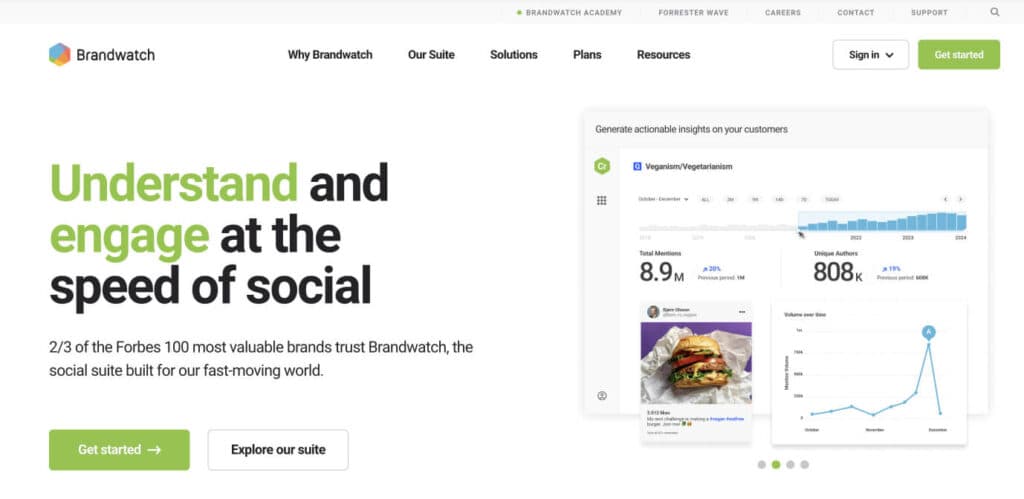
Brandwatch starts at $800/month, with no free plan available.
Best for content performance tracking
BuzzSumo is ideal for tracking content performance and identifying influencers in your industry. This tool is perfect for marketers looking to optimize their content strategy.
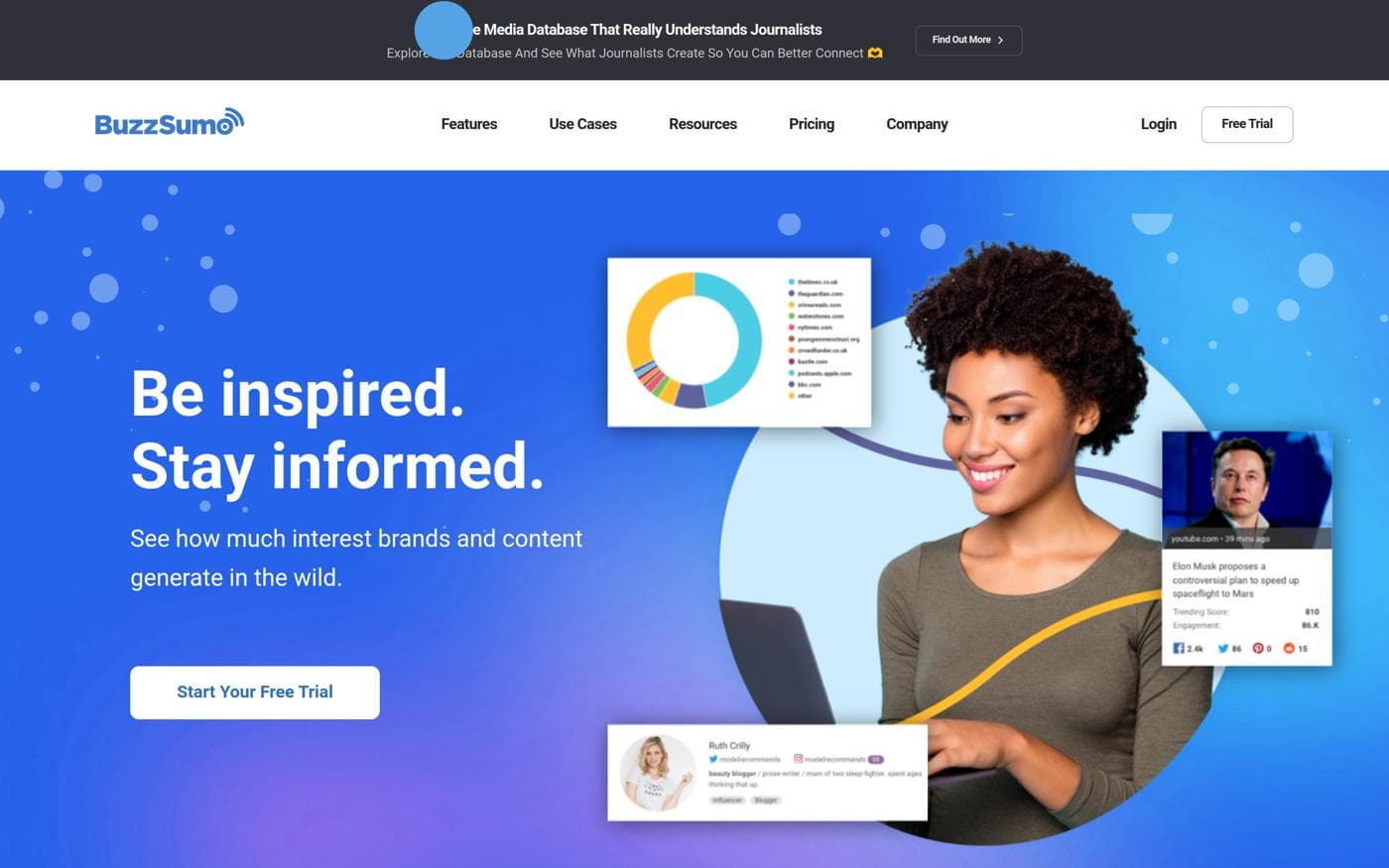
BuzzSumo starts at $99/month, with a free plan offering limited access to features.
Best for backlink analysis and SEO insights
Ahrefs provides extensive tools for SEO analysis, particularly in backlink evaluation. It’s a favorite among SEO professionals looking to improve their site performance.
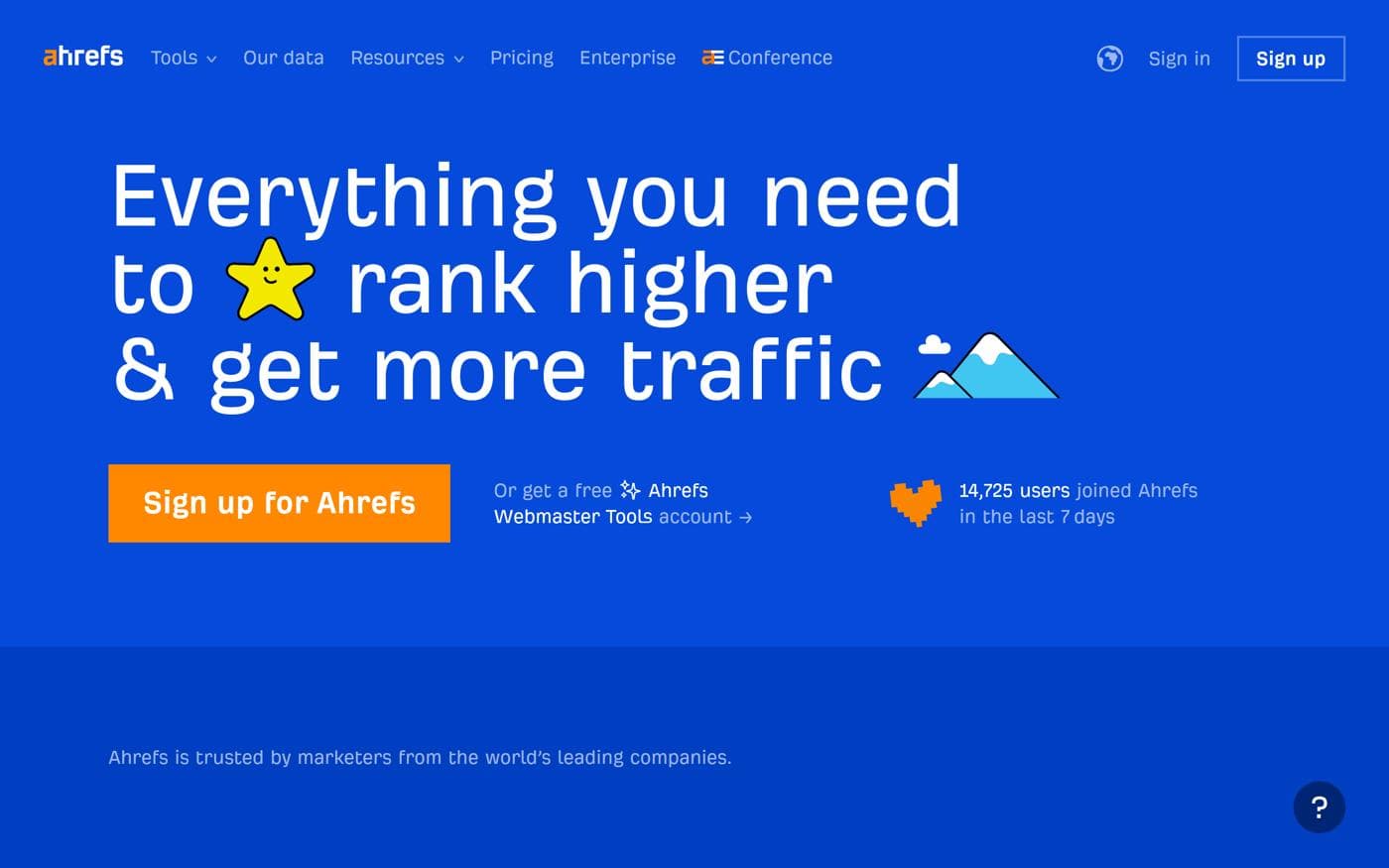
Ahrefs starts at $99/month, with no free plan available.
Selecting the ideal competitive intelligence software depends on your specific requirements and use case. Consider these crucial factors:
Understanding these factors will help you make an informed decision aligned with your business objectives.
Businesses that leverage these technologies effectively will have a significant advantage in understanding market dynamics and competitor strategies.
Choosing the right competitive intelligence software is essential for any organization looking to thrive in today’s competitive landscape. By evaluating your specific needs and considering the features of the tools listed, you can select a solution that aligns with your business goals.
Explore our top picks to find a solution that meets your requirements and empowers your organization with the insights needed to stay ahead of the competition.
Many tools, such as Semrush and SpyFu, offer affordable options and robust features suited for small business needs.
Consider your specific use case, budget, and whether you need integration with existing tools. Evaluate the features that align best with your business goals.
Key features include real-time updates, customizable reporting, market insights, and integration capabilities with other platforms.
Pricing can vary significantly, from free plans for basic tools to enterprise solutions starting at $15,000/year, depending on the features and capabilities offered.
AI enhances data analysis, allowing for more accurate insights and predictive capabilities, helping businesses make informed strategic decisions.
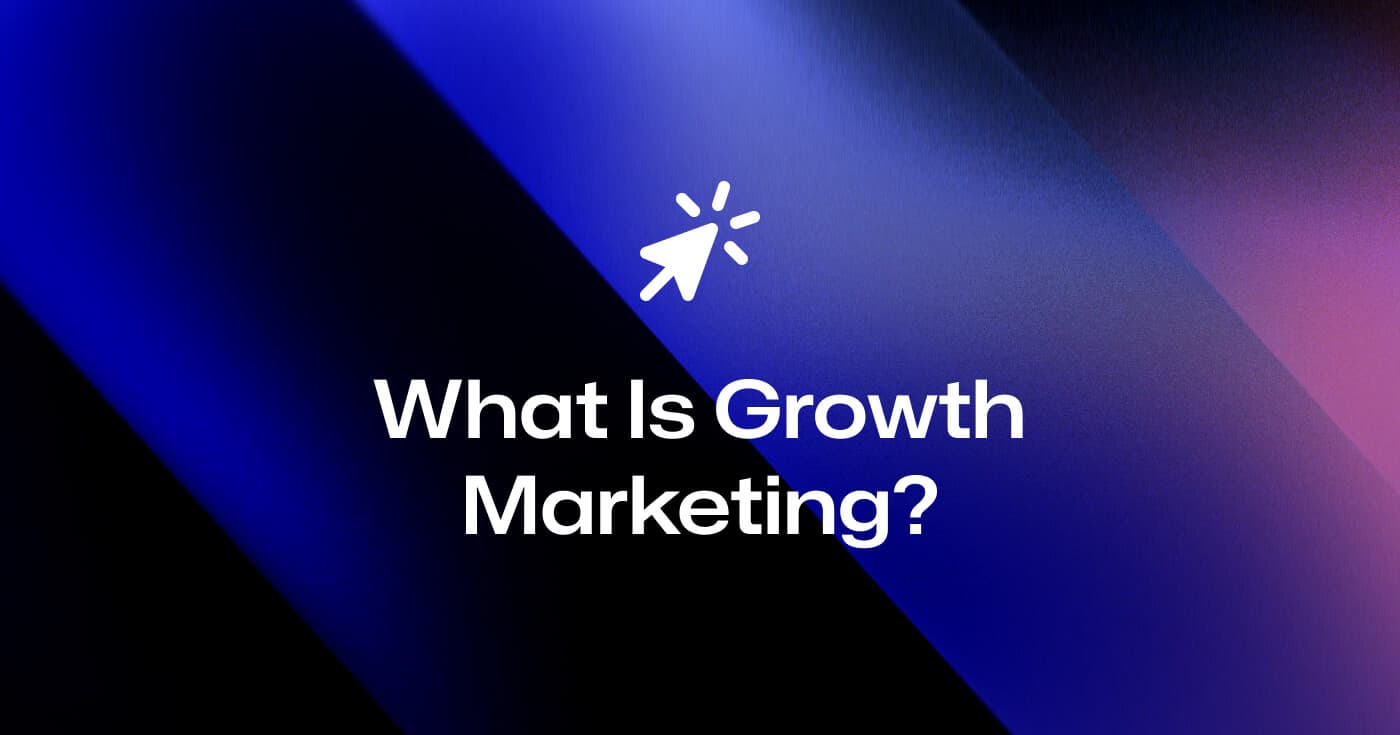
Discover what growth marketing is, its key benefits, challenges, best practices, and future trends in this introductory guide for SaaS founders.
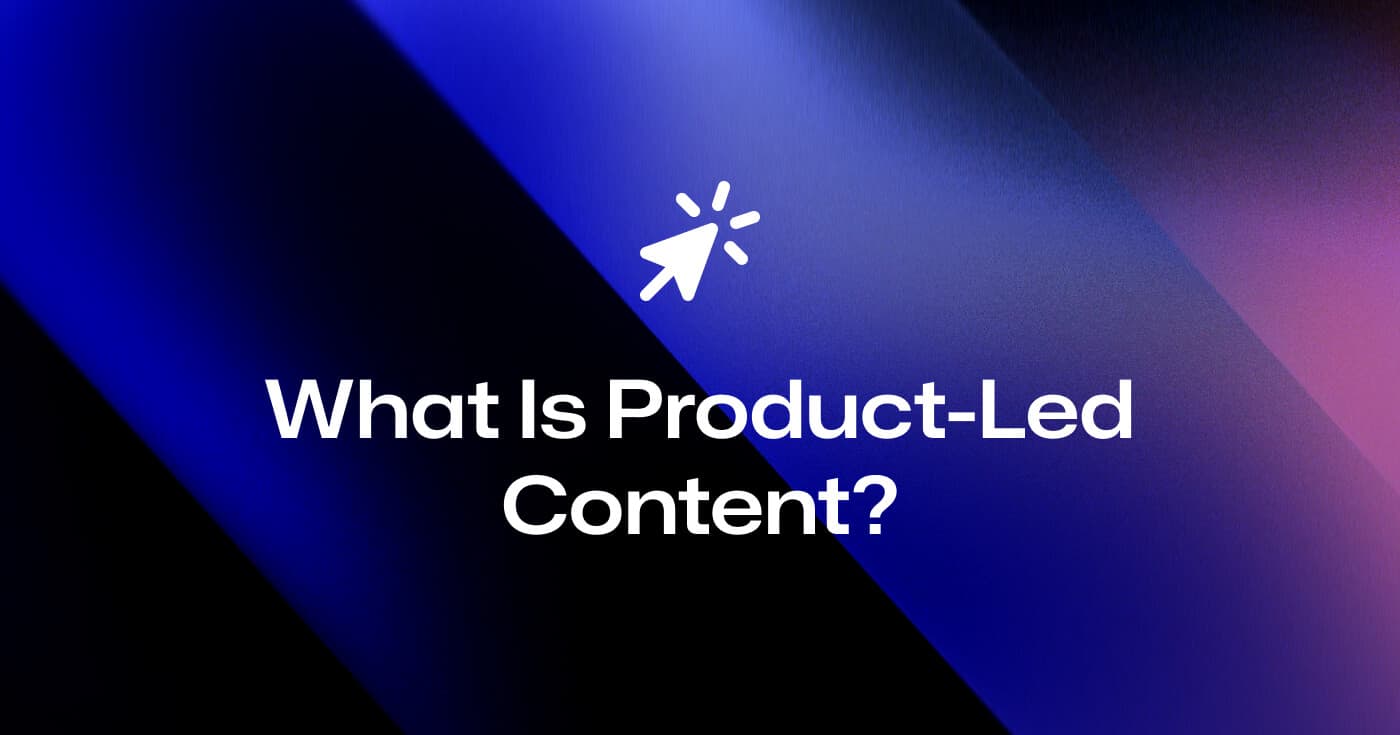
Discover product-led content, its benefits, challenges, and best practices to enhance your marketing strategies.

Discover the best AI screen recorders to elevate your content creation and virtual communication.